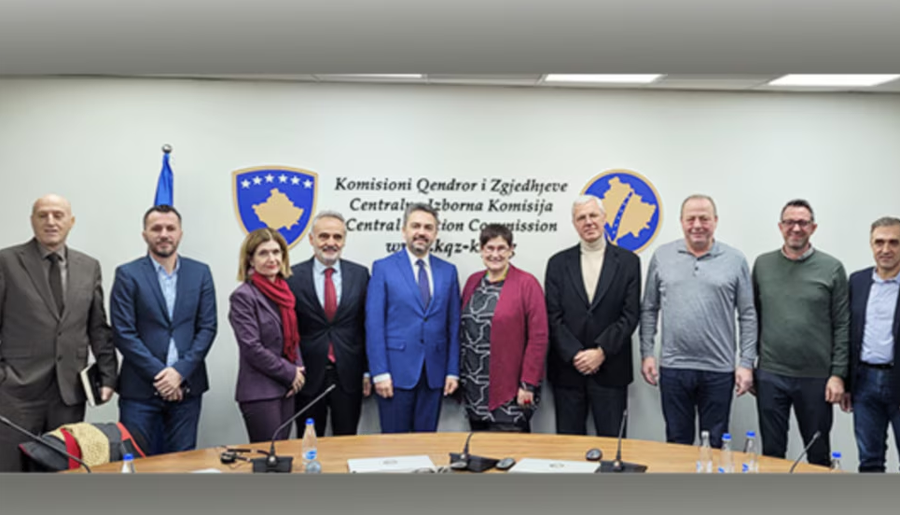
Kosovo has made good preparations for the February 9 parliamentary elections, but needs to address the “growing polarization” on the political scene with responsible and inclusive actions, according to the assessment of a delegation from the Parliamentary Assembly of the Council of Europe (PACE).
Composed of Petra Bayr and Andrea Eder-Gitschthaler from Austria, and Mehmet Akalin from Turkey, the PACE delegation concluded a pre-election visit to Pristina, where it met with state and institutional leaders, representatives of the international and diplomatic community, and members of civil society and the media.
According to PACE MPs, the election campaign in Kosovo is taking place in a calm and peaceful manner, but the potential impact of misinformation and the use of generative artificial intelligence during the campaign remains a concern, amid the lack of regulation of online media and transparency regarding media ownership.
The delegation assessed that "the reluctance of some political parties to participate in televised debates, and the announced boycott of three major television stations by the ruling party, were seen to the detriment of public information, especially of the elderly."
Bayr, Eder-Gitschthaler and Akalin have emphasized "the vital role of the media in ensuring voters' access to diverse and accurate information, which is key to making the right decisions."
Earlier, the Kosovo Journalists Association said that the ruling party, the Vetevendosje Movement,'s boycott of some television stations in Kosovo goes against transparency and is an attempt to "undermine the role of journalists and the media" to hold it accountable "for its policies."
The PACE delegation also mentioned concerns raised about "the rise of populist and nationalist rhetoric, as well as the use of hateful and divisive language."
According to him, such trends "can undermine democracy and interethnic cohesion, and can negatively affect women's participation in elections and politics."
PACE deputies said they are also aware of the reported pressure and intimidation of Kosovo Serb voters, as well as disinformation campaigns by Belgrade-backed media, while calling for "avoidance of actions that could escalate tensions."
PACE, which represents parliamentarians from 46 European countries, will send a large delegation of 20 members, accompanied by legal experts from the Venice Commission, to observe the February 9 election process.
Over 1,200 candidates will compete in the parliamentary elections, from which the new composition of the Parliament will be elected, and four candidates for prime minister: Albin Kurti of Vetëvendosje, currently in power, Bedri Hamza of the Democratic Party of Kosovo, Lumir Abdixhiku of the Democratic League of Kosovo and Ramush Haradinaj of the Alliance for the Future of Kosovo./ REL (A2 Televizion)











